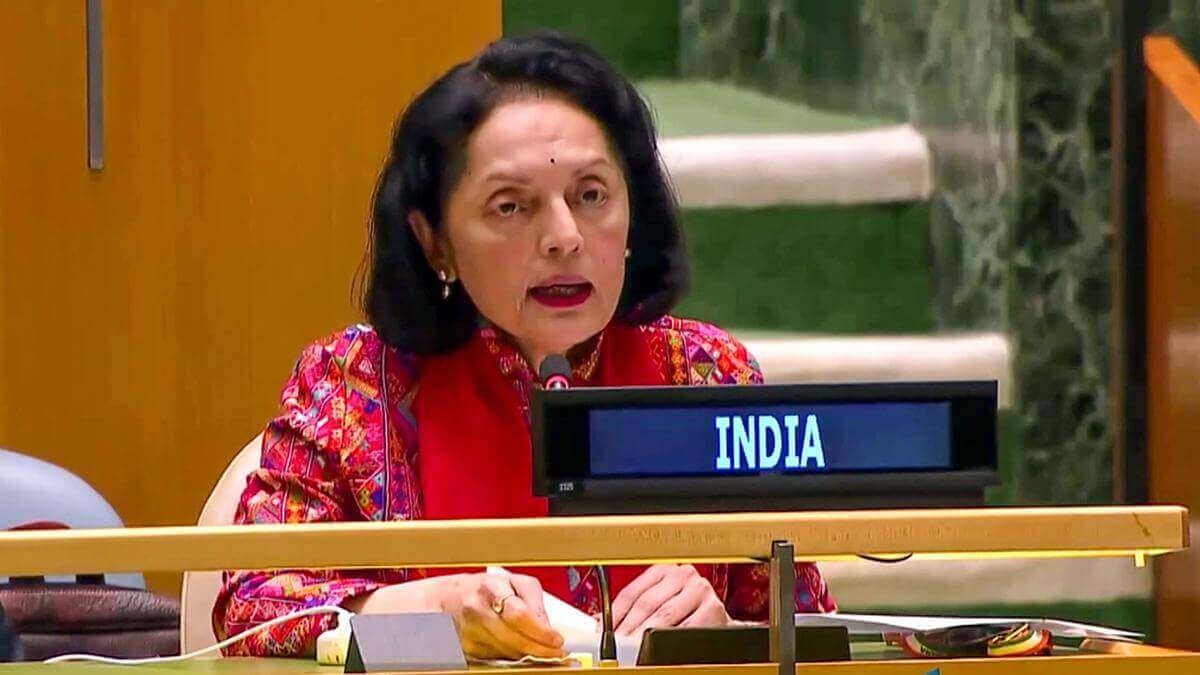On Monday, India reasserted its demand for the expansion of the UN Security Council, noting that the present structure does not reflect contemporary realities. Indian Permanent Representative to the UN Ruchira Kamboj made the comments during the sixth round of Intergovernmental Negotiations (IGN) on Security Council reform.
Demand for Reform
At the meeting, the Indian ambassador called for decisive action on UNSC reform, championing an inclusive framework that truly represents the dynamic global landscape today. “We need a reformed Security Council that better reflects the geographical and developmental diversity of the UN today,” Kamboj asserted.
India calls for decisive action on Security Council reform, championing an inclusive framework that truly represents the dynamic global landscape of today. pic.twitter.com/hWoDDFCk2Y
— India at UN, NY (@IndiaUNNewYork) April 16, 2024
She said that expanding the UNSC would help make it legitimate, representative, responsive and effective. Highlighting the need to expand across both permanent and non-permanent categories, Kamboj said that a Security Council where “voices of developing countries and unrepresented regions, including Africa, Latin America and the vast majority of Asia and Pacific, also find their due place at the horseshoe table” is needed.
“We cannot be hostage to a minority in the Intergovernmental Negotiations,” Kamboj asserted while refuting the argument that expanding the permanent membership of the UNSC is "undemocratic." She claimed that the only genuine way to reform it is by expanding its permanent as well as non-permanent membership. Expansion only in the non-permanent category would not solve the problem of a lack of representation, Kamboj insisted.
India’s Position Supported by Majority
The parties involved in the talks did not discuss which countries should be given new permanent seats in case of an expansion but discussed a possible framework for the creation of the seats. India also highlighted the need for strong reform-oriented language.
Kamboj mentioned that the majority of member states support India’s position on the issue, highlighting that this fact is on record in the 2015 framework document on membership categories. The ambassador noted that 113 out of 122 countries supported expansion in permanent and non-permanent categories of the framework document, i.e., more than 90%.
India’s Demand for Permanent Membership
Currently, the UNSC has five permanent members: China, France, Russia, the UK, and the US, who have been awarded overarching powers, including the power to veto. India has long sought reforms in the UNSC, arguing that it deserves a place as a permanent member of the Council and that the current state of the UNSC is not representative of contemporary geo-political realities.
India’s demands have been backed by groupings like the G4, with Japan, Germany, and Brazil as members, who are also hopeful of a seat in the council. However, their aspirations have yet to materialise, with opposition from a few permanent member states.

